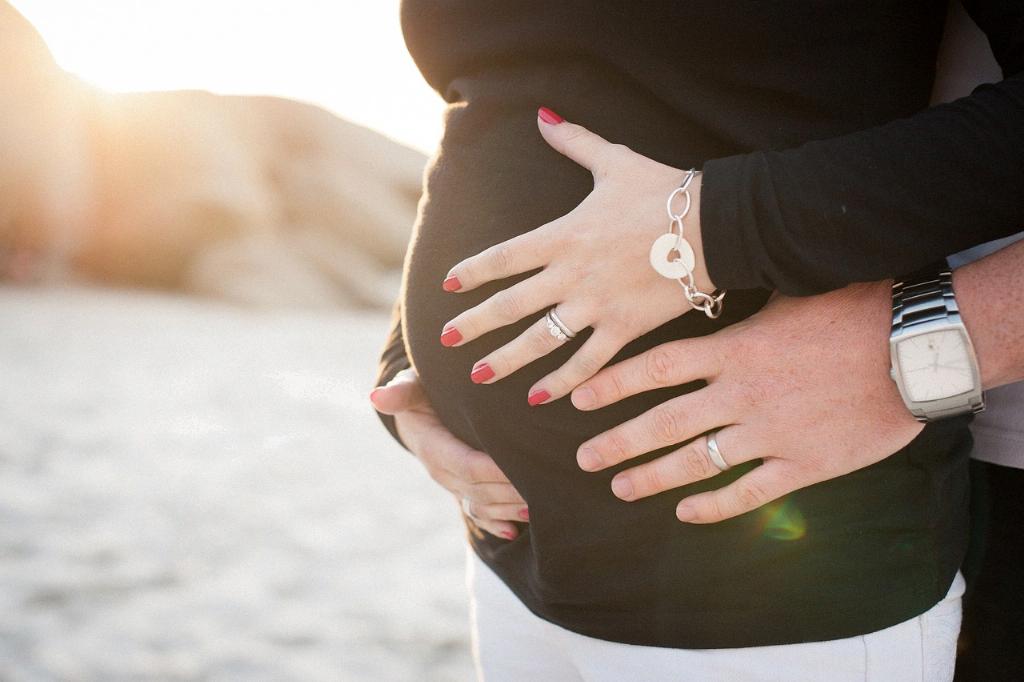When it comes to predicting pregnancy through a test, the timing can vary based on various factors. Home pregnancy tests are designed to detect the presence of a hormone called human chorionic gonadotropin (hCG) in urine. This hormone is produced by the cells of the developing placenta shortly after the embryo attaches to the uterine lining, which typically happens about 6-12 days after fertilization.
Many home pregnancy tests claim they can provide accurate results as early as 10 days after conception. However, the accuracy of these early tests can vary, and false negatives are possible if the levels of hCG in the urine are too low to detect. For a more reliable result, most healthcare professionals recommend waiting until after you’ve missed your period to take a pregnancy test.
Typically, a missed period is a common indicator that prompts individuals to take a pregnancy test, as the absence of menstruation is often one of the first signs of pregnancy. For those with regular menstrual cycles, a missed period can occur around 4-6 weeks after the last menstrual period, which aligns with the time when a home pregnancy test is likely to provide a more accurate result.
It’s important to note that the number of weeks a pregnancy test can predict is not solely determined by the test itself, but also by the individual’s menstrual cycle and the timing of conception. In cases where a person has irregular periods or is uncertain about the timing of ovulation, it may be challenging to pinpoint the exact gestational age with a home pregnancy test.
For individuals trying to conceive, the anticipation and uncertainty surrounding pregnancy can be overwhelming. The urge to take a pregnancy test as soon as possible is understandable, but patience is key to obtaining accurate results. While some tests claim early detection abilities, waiting until after a missed period can help minimize the risk of false negatives and provide more conclusive results.
Understanding the limitations of home pregnancy tests is essential in managing expectations. While advancements in technology have led to more sensitive tests that can detect hCG at lower levels, there is still a chance of receiving false results, especially in the early weeks of pregnancy. Factors such as diluted urine or improper test usage can also impact the test’s accuracy.
It’s important to follow the instructions provided with the pregnancy test carefully to ensure accurate results. From the timing of the test to the proper handling of the testing materials, each step plays a crucial role in obtaining reliable information about your pregnancy status. In cases where there is uncertainty or conflicting results, consulting a healthcare provider can offer clarity and guidance.
In summary, the number of weeks a pregnancy test can predict varies based on individual circumstances and test sensitivity. While some tests claim early detection capabilities, waiting until after a missed period is a recommended approach for more reliable results. Understanding the factors that influence test accuracy and being patient in the testing process can help alleviate some of the uncertainties associated with predicting pregnancy through a home test.

